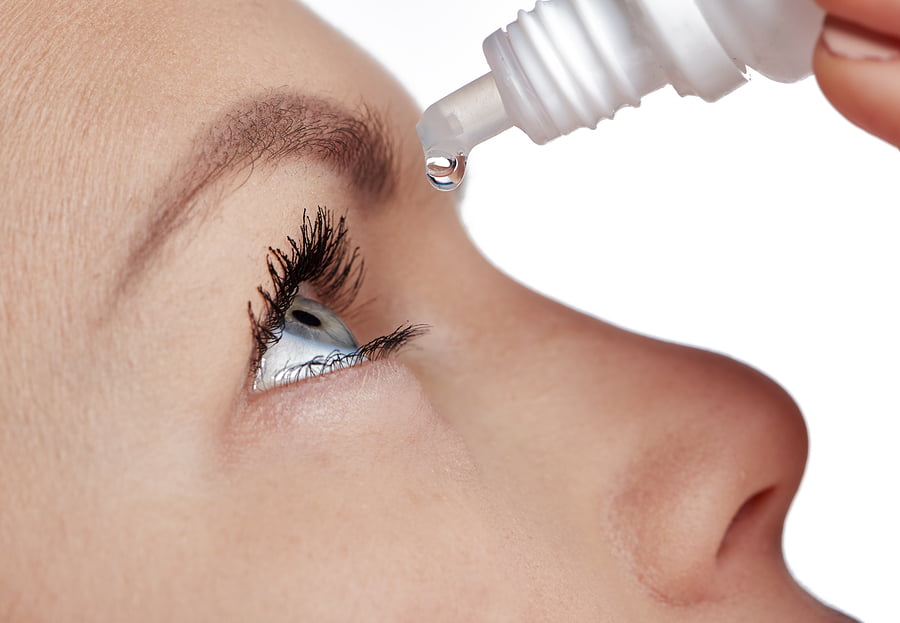Your eyes itch and water every time you step outside. You can tell whether someone has a cat as soon as you step in their front door. Your eyes turn bright red just from hearing the phrase “high pollen count.” You’re pretty sure you have ocular allergies.
The good news is that many eye clinics offer ocular allergy testing and treatment to diagnose and then relieve your symptoms.
Why should I get tested for ocular allergies?
Eye allergies are very common; somewhere between 15-40% of people experience them. However, even if you’re positive that pet dander is what’s causing your eyes to burn and your vision to blur, it’s always a good idea to consult with a medical specialist.
When it comes to different eye problems, a lot of the early symptoms look alike, and there’s a chance that what you think is allergies might actually be an infection. Additionally, an allergy clinic can tell you what substances are causing your allergic reaction.
What kinds of tests are there for ocular allergies?
The first kinds of tests will determine whether your symptoms are due to allergies or something more serious. A doctor can examine your eyes with a slit lamp to get a closer look at any swelling in the blood vessels of your eyes.
If there’s any doubt, the doctor can perform a test that gently scrapes the membrane around your eye and checks for certain types of white blood cells.
If the doctor determines you do have allergies, the next test will pinpoint which substances you’re allergic to. A gentle skin scratch test performed on your inner arm will expose you to small amounts of different common allergens and see which ones cause your immune system to respond.
You might experience some mild skin irritation and itchiness as part of this test, but it will be brief and give you more information about your allergies.
How do doctors treat ocular allergies?
As you might guess, the first step of ocular allergy treatment is to avoid the allergen whenever possible. However, you can’t stay inside (or, conversely, outside) all day, so your doctor can help you find something that treats your symptoms.
Artificial tears, antihistamine eye drops, and corticosteroid eye drops can all help control swelling, redness, itchiness, and watery eyes.
If you try these treatments but still have symptoms, your doctor can talk to you about immunotherapy. These regular allergy shots expose your immune system to a little bit of the allergen at a time so that its reaction will become less severe and stop causing your symptoms.
What about over-the-counter antihistamines?
Oral decongestants and antihistamines, as you might take for a cold or sinus allergies, can help in the short term, but they shouldn’t be used for more than two or three days at a time. Otherwise, you might experience dry eyes or even a worsening of your initial symptoms.
It’s best to visit an eye allergy clinic to help find the right treatment for your ocular allergies. There’s no need to suffer from the symptoms when testing and treatment are easy to obtain.

Francis Burns is an avid writer from Louisiana. With a Bachelor’s in English and a background in journalism, Francis has been writing for a variety of media outlets for the last five years. He specializes in stories about the local culture and loves to fill his work with inspiring words. When not writing, Francis enjoys exploring the outdoors of Louisiana and photographing nature.




